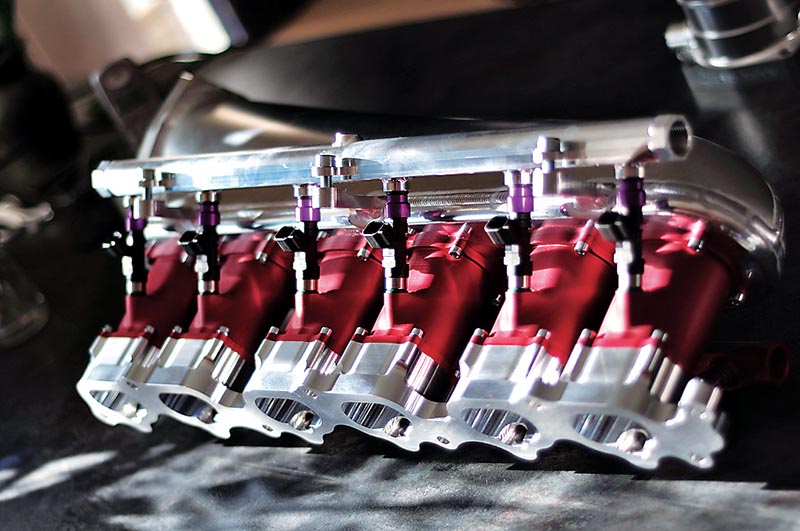Engines with electronic fuel injection
You may not have noticed it but new petrol and diesel engines have evolved a great deal from the engines of even a decade ago. First of all, smaller engines deliver much more power as almost all of them have turbochargers to capture some of the exhaust gas pressure and heat to increase the engine power. With better metallurgy and design improvements the engines can also run faster and withstand greater compression pressure that leads to further increased power output. These also make the combustion better to reduce pollution and increase fuel efficiency.
Secondly , the electronically-controlled fuel injection systems both in petrol and diesel engines burn the fuel far more efficiently. As the fuel is under high pressure more fuel can be burnt in the same size cylinders and form a very fine spray when they are released at precisely timed intervals for almost perfect combustion. The electronic management also ensures that the settings remain almost constant unlike the old carburettors or fuel pumps with jets and nozzles that required mechanical tuning at frequent intervals. After fuel injection systems became widespread the legions of mechanics with their screw drivers and spanners became redundant.
The explosion of electronic gadgets controlling every function of your new car from the engine to the gears and even the steering, suspension, lighting and brakes is evident from the length of the wiring. Unlike an old car that had only a few thick wires to connect the battery, starters, dynamo and lights, there are so many sensors and micro motors in a modern car that they need literally miles of very fine wires to connect them all. Though these electronic systems are very reliable and efficient they cannot be easily fixed by a roadside mechanic making it necessary to have trained dealer engineers with computerised diagnostic tools to fix them.
There are even electronic sensors inside the cars and even under your seats to warn you if your seat belt is not fastened. Electronics also manage your internal and external lighting, your climate control, parking sensors and your music and infotainment systems. These have now become too complex for you or any normal mechanic to modify or fix and you need expert help. In a recent case an enthusiastic buyer of a new BMW tried to save money by buying a cheaper music system but the entire electronic system became disabled when the mechanic tried to install it and he had to pay a bomb to tow it to the authorised dealer who charged another bomb to fix the problem.
In the old days diesel engine were heavy (to handle high compression pressure) noisy and sluggish. The inefficient old low pressure fuel pumps could not achieve good combustion so most of them also spewed out clouds of polluting black smoke. This changed dramatically with the electronic ‘common rail' system where high pressure diesel in a rail, actually a tube, connecting all the cylinders releases a very precise spray of fuel. Suddenly the virtually same engine would not only produce about 25 per cent more power but would deliver the motive power (torque) at low engine speeds offering enough power to drive in higher gears that needed less fuel. Overnight diesel engines became about 15 per cent more powerful as compared to a comparable petrol engine and also about 20 per cent more fuel efficient. Although this helped pollution, with less burnt fuel in the air, the exhaust gasses unfortunately had more micro particles of soot that were more hazardous to health.
The author is the region's most celebrated automobile columnist





